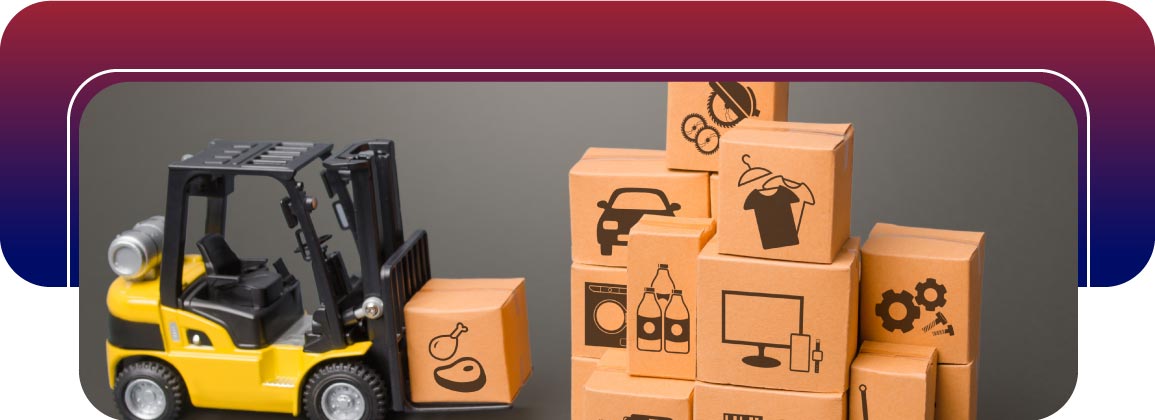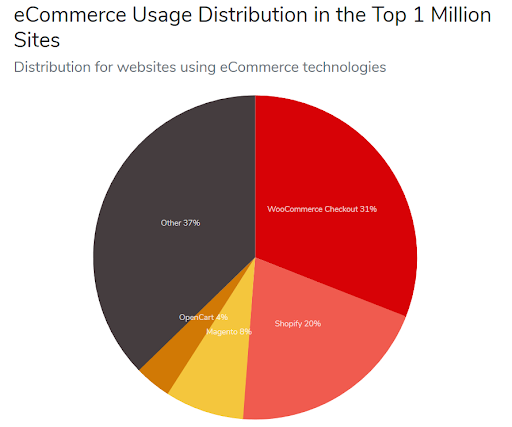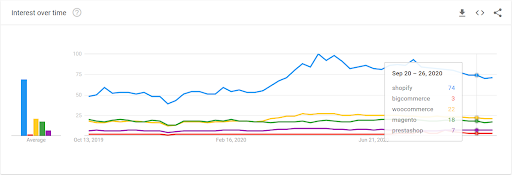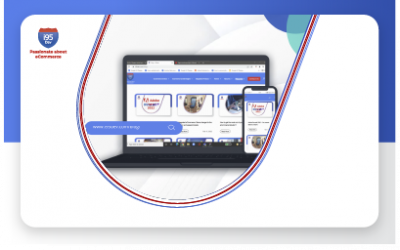What Types of Issues can Shopify
ERP Integrations Solve


In this article, we will discuss the various types of issues that you can solve with the help of Shopify ERP integrations. If you are facing any trouble with your Shopify store or plan to integrate it with an ERP solution, this article will help you make the best choices. Dive in deeper to know more about the topic.
#1 Errors Caused Due to Manual Data Exchange
Using an ERP will help you do away with the errors caused due to manual data exchange with built-in data replication. It will amp up your web store by providing a real-time data sync pipeline with the bi-directional data flow. Without a robust back-end system managing this information, you will have to manually input all data, exposing you to human error. Also, you might end up listing products that you currently don’t hold in your inventory and end up with dead stock due to a lack of insights. Thus, using automated solutions keeps your customer touchpoints for receiving orders and sales management free from errors.

#2 Data Flow Issues Between Multiple Apps
As we mentioned earlier, the bi-directional data flow between various business management software like CRM, ERP, accounting software, 3PL order tracking apps, marketing, SEO tools, coupons, and customer review apps can become overwhelming. Configuring the data flow between multiple apps can be eased with low code integrations and embedded APIs of an iPaaS solution. It will also help you set up automation workflows between multiple apps as per the configured data exchange conditions. Hence you will get expedited information flow across multiple apps and leverage from insights produced from it.
Market Stat: Shopify is the most searched eCommerce platform.

#3 Complexities In Multi-Channel And Deliveries Integration
When your Shopify store grows to a particular level, managing multi-channel distribution becomes cumbersome. Catering to a broad range of audiences will require you to sync your inventory and pricing at multiple platforms like Etsy and Facebook Marketplace. Maintaining a consistent data pipeline across these channels can only be done with a reliable back-end Shopify ERP integration. It will also help you with order management as well as tracking shipment data through EDI. You will be able to get rid of all complexities in multi-store, multi-platform, and multi-channel business operations, thereby achieving greater ROI.

#4 Security Pitfalls and Uptime
When running a web store, you cannot afford to have security pitfalls. They lower your reputation as well as invite legal implications in many cases. You can easily prevent them by using enterprise-class security through cloud-hosted solutions. Apart from this, facing downtime can result in loss of sales and unhappy customers. A technically sound integration will help you with EDI mapping and translation while allowing file transfer between major protocols, including AS2 to AS4 and OFTP. They use a component-based approach to integrations, so that downtime on individual apps does not hamper your entire online store. This way, you can prevent security pitfalls and get higher uptime.
Fact Time: Shopify has paid over $850,000 to secure their customer transactions and data worth more than $55 billion.

The Integration Parameters To Keep In Mind While Choosing The iPaaS Solution.
To solve the problems mentioned above through Shopify ERP integrations, your Shopify integration services partner should be able to define the following parameters: Information to be uploaded from the business management software to the eCommerce website:
- Product-related data like availability, prices, descriptions, images.
- Modification in product-related data.
- Addition/ removal of product data.
- Addition, updating, and removal of customer data.
- Order fulfillment and shipping information.
Information to be uploaded from the eCommerce website to business management software:
- Abandoned cart information.
- Data regarding the received orders.
- Customer demographics acquired from user account and order form.
- Inbound traffic and visitor activity insights.
- Shopify order fulfillment data.
After analyzing your business model and data synchronization requirements between multiple platforms and apps, i95Dev will suggest you the best integrations with the minimal turnaround time for the process. We will also help you with cleansing your databases to ensure a smooth transition.
Summing Up
Shopify is undoubtedly the best solution for small and medium-sized businesses for running online stores. Shopify stores witness an average of 126% YoY growth. However, fulfilling the specific requirements of an organization requires reinforcing the Shopify store with proper ERP integrations. i95Dev offers a solid cloud-based Shopify ERP integration solution that enables you to fight back against the issues mentioned above and improve your revenue sustainably.
Recent Blogs
Enhancing Shipping Precision with Custom Shipping Groups in Adobe Commerce/ Magento
Enhancing Shipping Precision with Custom Shipping Groups in Adobe Commerce/ Magento Author Category Share Three things matter the most when it comes to eCommerce shipping: speed, accuracy,...
Managing Massive Product Catalogs: Why Synchronization is the Key to Efficiency
Managing Massive Product Catalogs: Why Synchronization is the Key to Efficiency Author Category Share The automotive aftermarket industry is vast and highly competitive, requiring businesses...
A Complete Guide to Seamlessly Integrating Adobe Commerce with NetSuite
A Complete Guide to Seamlessly Integrating Adobe Commerce with NetSuite Author Category Share Integrating Adobe Commerce (formerly Magento) with NetSuite ERP can transform the way businesses...



